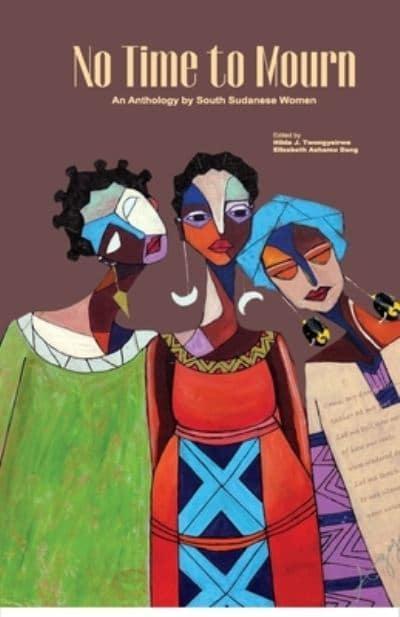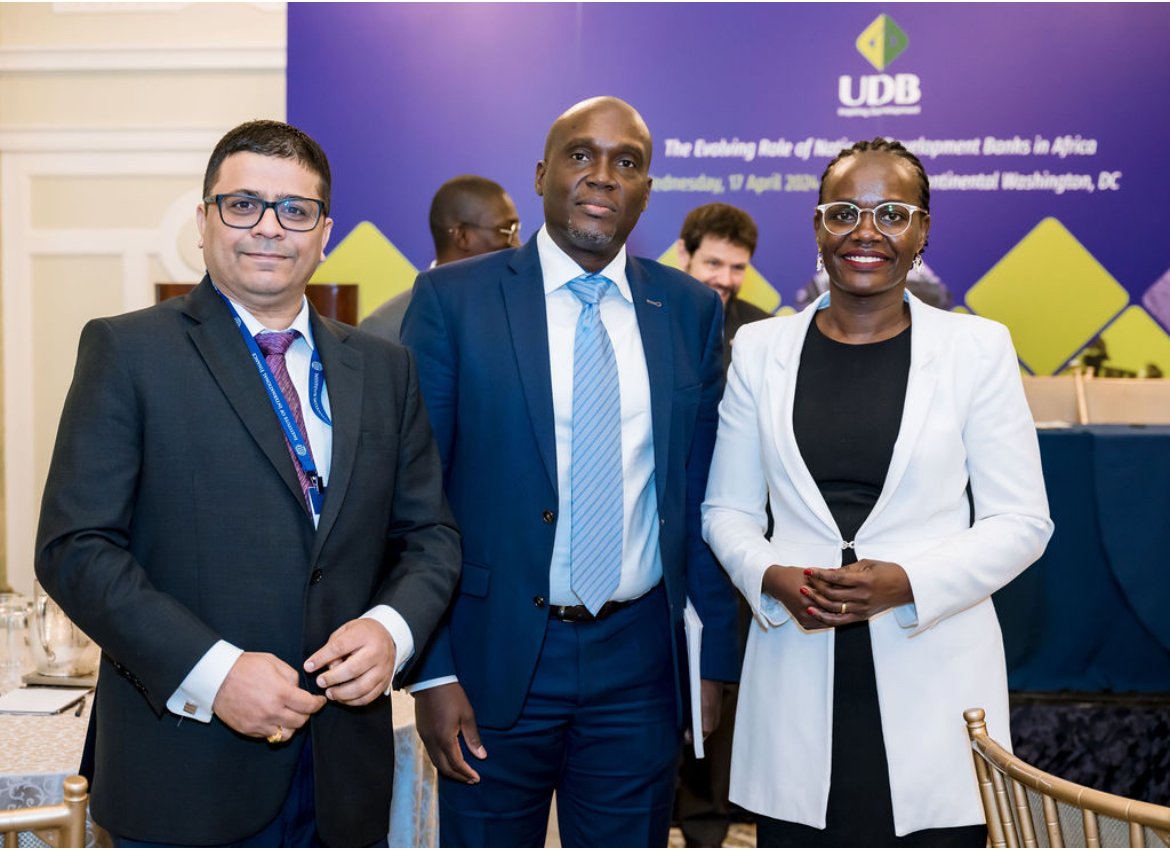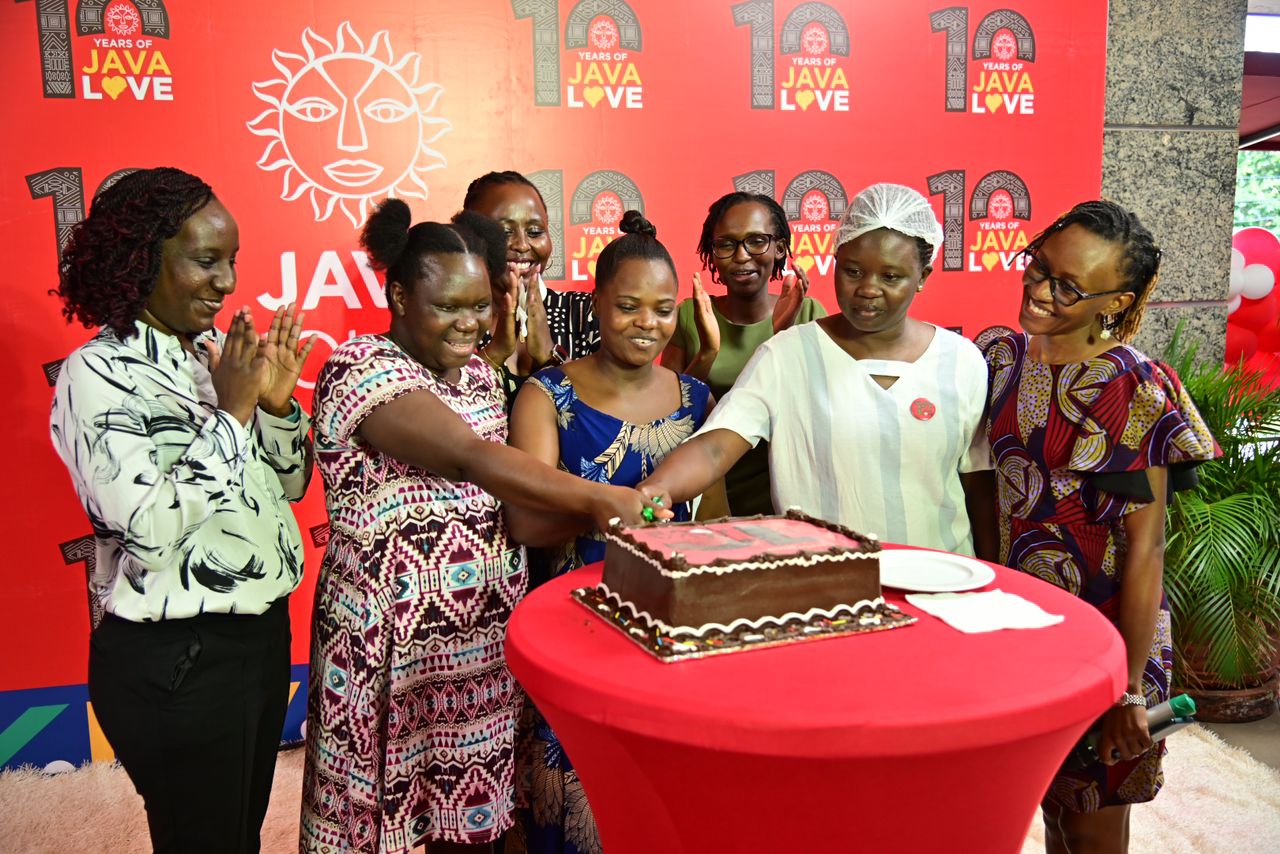REVIEW: No Time to Mourn gives South Sudanese women writers a voice
In 2019, FEMRITE and Oxfam International conducted a week-long writing retreat for 18 Southern Sudanese women. These women were drawn from within Southern Sudan, Kenya, Uganda and Australia.
The aim of this retreat was to equip these women with writing skills which would enable them express themselves in order to bend the story arc of Southern Sudan in favor of social justice for themselves and equal opportunities for both genders.
The facilitators included Ayak Chol Deng Alak, Lillian Aujo, Doreen Baingana, Harriet Anena, Mercy Ntangaare and Juliet Kushaba.
“What is the story I must tell?” was the question guiding the rookie writers who responded to this question by writing about their experiences in contexts ravaged by armed conflict and its concomitant effects such as displacement, sexual violence and physical abuse which in turn led to trauma and post-traumatic stress disorder.
Their accounts of these experiences were heart-rending and cathartic.
These accounts also comprised and shaped the contents of an anthology entitled “No Time To Mourn: An Anthology By South Sudanese Women.”
Exquisitely and eloquently put together, a reader might be excused for thinking that these writers were seasoned literati instead of emerging voices.
 No Time to Mourn anthology
No Time to Mourn anthology
Also, they do not have the angry tones which often color the voices of oppressed women in stark shades of vengeance, as their quest for justice is tempered by revanchism instead of the need for restitution.
Many accounts in this anthology were gleaned during this writing retreat while others were selected from an open call for submissions.
The result is that 41 women contributed to this anthology and thereby served as conveyor belts, as it were, for a diversity of experiences of South Sudanese women.
Thankfully, they were not hemmed in by specific thematic guidance so their short stories and poems were canalized towards themes of their own choosing.
Their literary freedom gives readers a chance to understand the impact of armed conflict on “individual lives, on communities and across generations” in Sothern Sudan through voices which aren’t coached or choreographed to suit any particular agenda.
This book is divided into seven sections, under the section “To Be A Woman” the poem “The Feminine Principle” by Chudier Pelpel sets in train a powerful thread of experiences:
“To be woman
Is often misconstrued with position
Or performance.
Her gender identity
Is bound with her innate contributions
To the community she serves
And the homes she carries.
She is daughter, wife, mother.
Fragmented and shared,
She omits her entirety
She thinks her transformations are not hers.”
The woman depicted by the persona of this poem is a woman is disempowered by her duties and disembodied by this disempowerment, she thus becomes a non-person.
This poem speaks to how her identity is subsumed by how she is identified by family and community alike, which precludes how she sees herself.
In poetry, there is more freedom or license in word order and word forms than other uses of language.
So “to be woman” instead of “to be a woman” is charged with poetic meaning instead of being restricted by grammatical or syntactical rules.
In this way, “to be woman” elevates the singular “a woman” to a pluralized principle revealing the experience of an individual as a microcosm for the experiences of all or many women.
Word order in a poem also often works in ways similar to word choice in diction levels. The word order in this poem correlates to the “pitch” of the poem and the naturalness of voice belonging to a tyro poet.
It also thereby adds to the authenticity of the persona’s feeling and experience.
The poem “Men-struation” by Alith Cyer Mayar Cyerdit is a clever neologism expressive of a wide-ranging view:
“You don’t know the history of my pain
I am Jinub
A woman in end-less men-struation
Buying daily your pads to c-over and protect my skirt from stains
I continue to bleed
Afr-aid to speak of my periods.”
The fragmentation of some of the words into syllabic units shows her fear; she is stammering yet speaking truth to ensure her words achieve their effect through rhythm no less than diction.
Her voice seems strained but never contrived as her pain flows with ordinary speech.
The infinitive “to c-over” may mean to “oversee” in reverse as the persona hopes to protect herself when experiencing her periods by overseeing how she is perceived.
This is because of the perception of menstruation as unclean, which contributes to the restrictions on women and girls during vaginal bleeding.
It is viewed as shameful and some cultural practices prohibit women from handling food or entering religious spaces during their periods.
This infringement of the rights of women because of a normal anatomical occurrence shows that menstruation is about how men perceive female biological realities instead of how women experience them: hence, “men-straution.”
This book also has powerful short stories and portraits which exhibit not only the pain of the writers involved but also showcase their brilliant talents and indomitable spirits.
FEMRITE and Oxfam International have given these South Sudanese women a place to stand and, in the spirit of Archimedes, they may move the literary world.
And hopefully, help change their own worlds and the world’s narrative towards a more inclusive global realty which relates to their equal stake in society and not their untold suffering at the hands of society.













